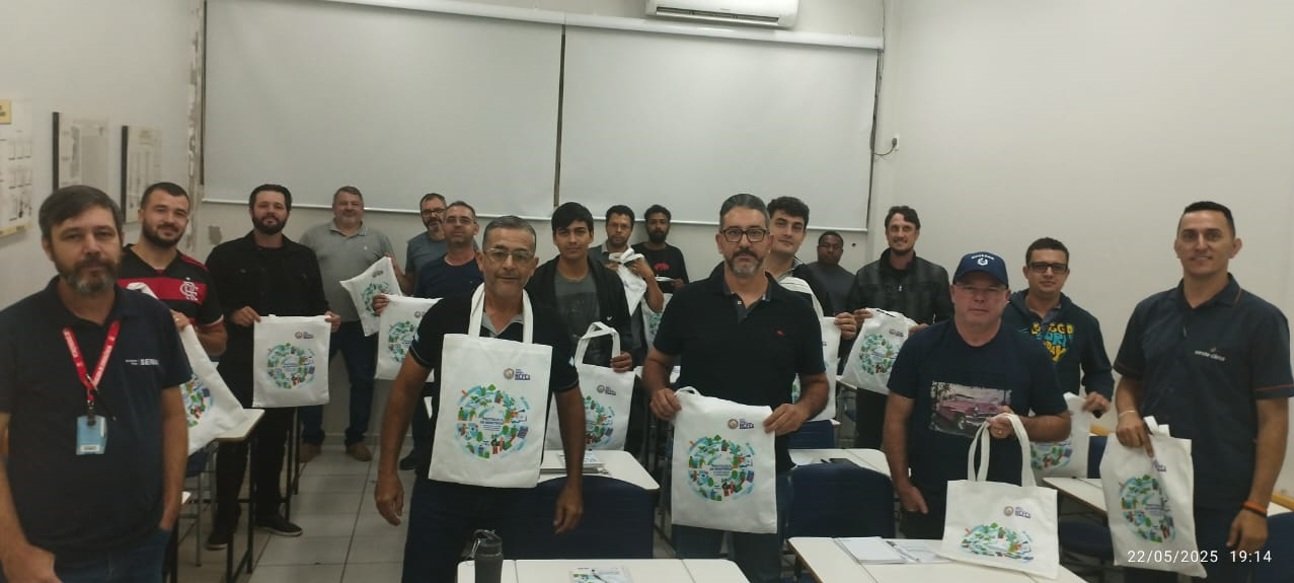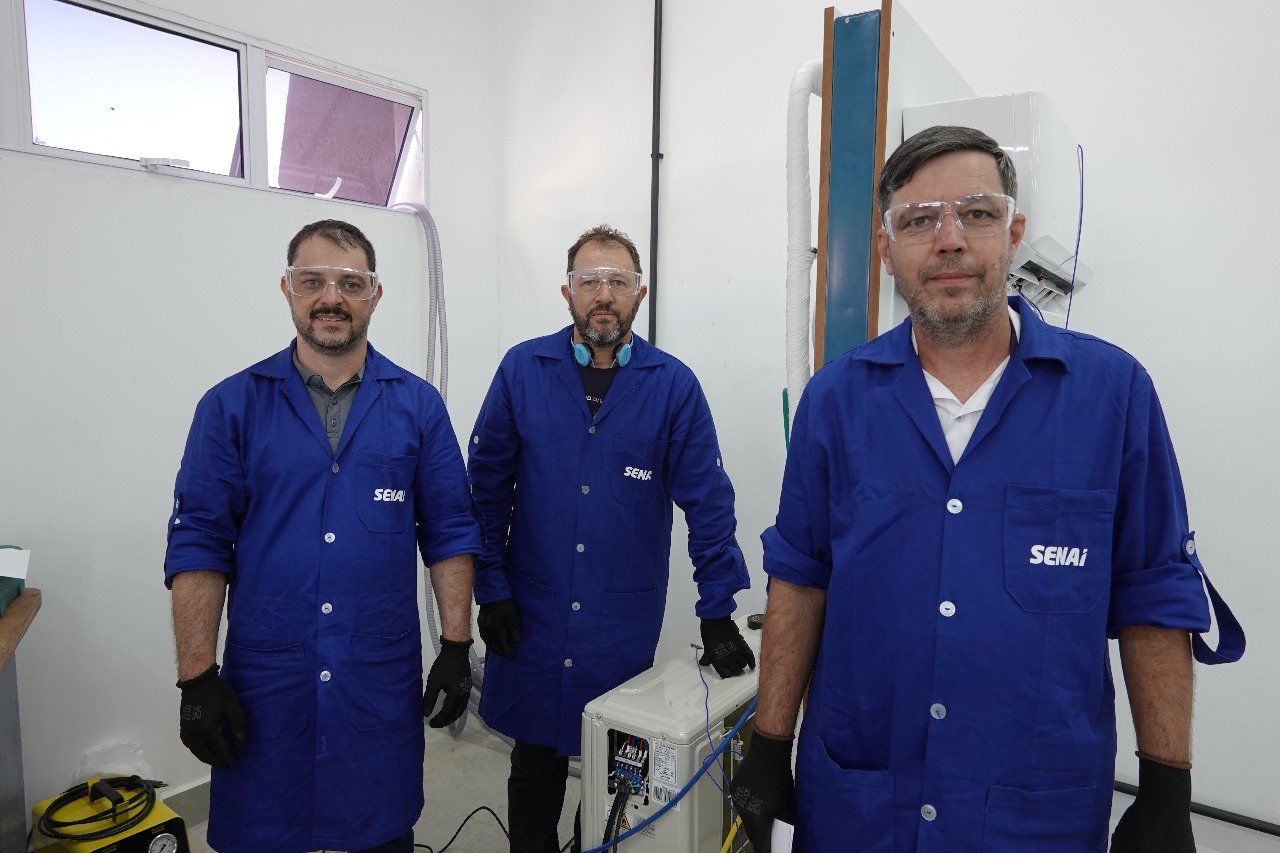Senai-PR opens registration for course on safe use of flammable refrigerants
Senai School in Toledo, Paraná (Brazil), has opened registration for new sessions of the free course “Safe and Efficient Use of Flammable Refrigerants in Split-Type Air Conditioning Systems,” offered under the Brazilian HCFC Phase-Out Management Plan (PBH). A total of 130 students are expected to complete the course by December 2025.
The first group of 16 students began the 40-hour training on May 22 and will finish on July 1. According to Denise Maria Limberger, Education Coordinator at the school, nine additional groups are planned for the remainder of the year.
“Our expectations for this course are very positive. We anticipate strong demand, especially from graduates of the PBH’s Good Practices in Refrigeration course. If demand exceeds expectations, we may surpass the target of 130 students,” said Limberger.
Senai’s refrigeration lab in Toledo was adapted to meet safety requirements for working with flammable refrigerants. The lab now includes air conditioning equipment using propane (R-290), along with imported tools and accessories donated by the PBH. Modifications included a new ventilation and exhaust system. The updates were guided by Senai’s instructor team, led by Marcelo Hegele, who has over 20 years of experience in the field and participated in the PBH’s “Train-the-Trainers” workshop held in April in Natal, alongside colleagues Jeykson Jefferson Perin and Nelson Chetevik de Oliveira.
Hegele, appointed as the course instructor, noted that the first group includes experienced business owners and technicians with 10 to 20 years in the market. “They are eager to learn about flammable refrigerants and especially excited about the hands-on component. I assured them that all questions will be addressed during the theoretical and practical sessions,” he said.
The interest in the course is high in western Paraná, particularly due to the growing presence of propane-based air conditioners in the region. “We are near the Paraguayan border, and for the past two months, several R-290 units purchased from Paraguay—identical to those used in our lab—have been installed locally. That’s why technicians and business owners are so motivated to learn more. This course is seen as the answer,” Hegele explained.
The PBH, coordinated by Brazil’s Ministry of the Environment and Climate Change (MMA), aims to prepare the country for climate-friendly refrigeration and air conditioning technologies that do not harm the ozone layer. The program’s service-sector initiatives, including this course at five technical schools across different regions, are implemented by the German Agency for International Cooperation (GIZ), PBH’s bilateral partner.

